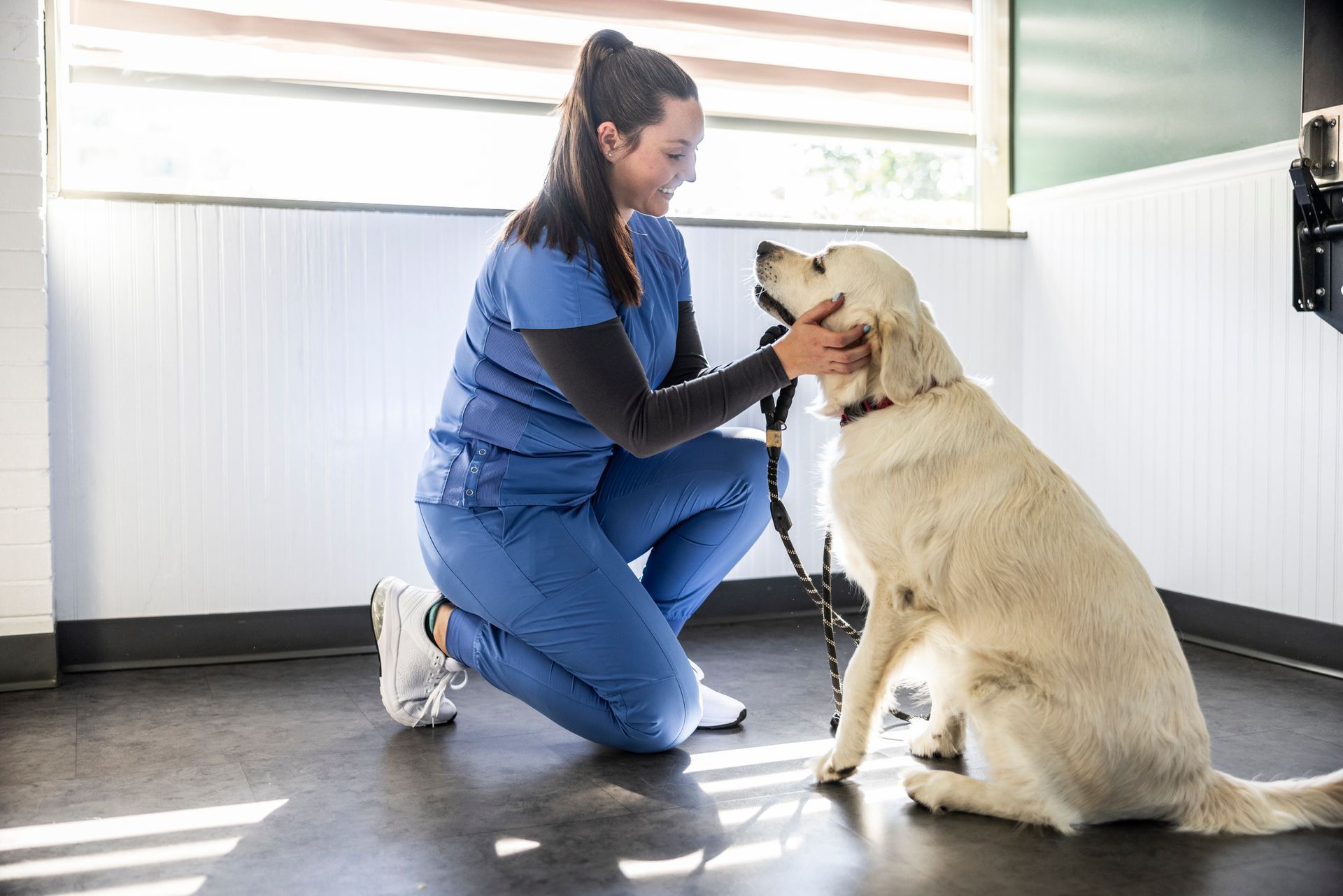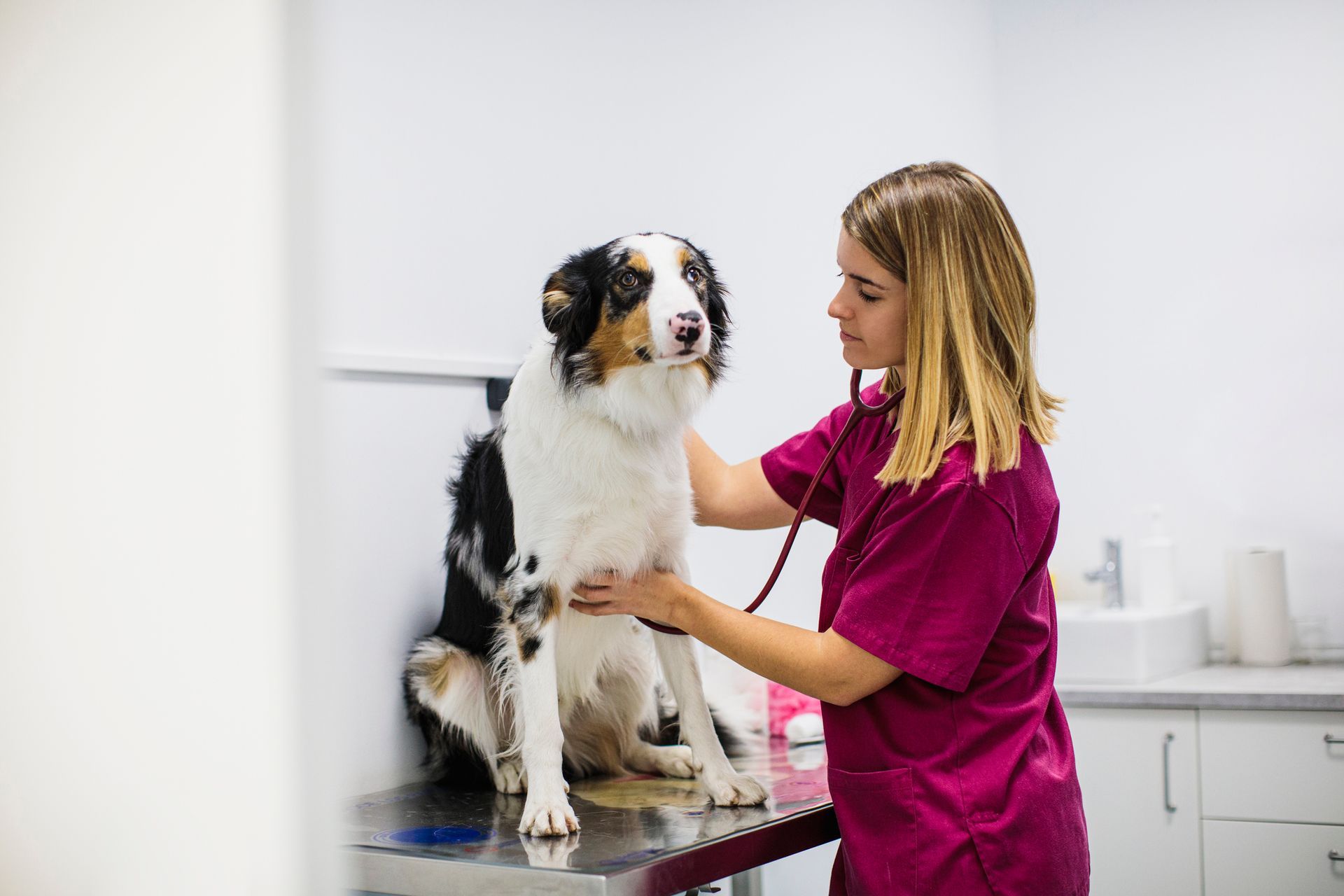Understanding Frequent Vomiting in Dogs

Vomiting is a common occurrence in dogs and can be caused by a variety of factors, both mild and severe. While occasional vomiting is usually not a cause for concern, frequent or persistent vomiting can be a sign of an underlying health issue. In this blog post, we will discuss the possible causes of frequent vomiting in dogs, how to help your dog when they are experiencing it, and when it may be necessary to seek veterinary care for your furry friend.
Causes of Frequent Vomiting
There are several reasons why your dog may be experiencing frequent vomiting. Some potential causes include the following.
Dietary Issues
One of the most common causes of vomiting in dogs is dietary issues. This could be due to a sudden change in their food, eating something that doesn't agree with them, or overeating. If your dog's vomiting is accompanied by diarrhea or other gastrointestinal symptoms, it may be a sign of food poisoning or an allergy.
Gastrointestinal Diseases
In some cases, frequent vomiting can be a symptom of a more serious underlying condition, such as inflammatory bowel disease, pancreatitis, or gastritis. These conditions can cause inflammation and irritation in the lining of the stomach and intestines, leading to vomiting.
Parasites
Parasites such as roundworms, tapeworms, and giardia can also cause frequent vomiting in dogs. These parasites can enter your dog's body through contaminated water or food and can cause digestive upset, leading to vomiting and diarrhea.
Motion Sickness
Just like humans, dogs can also experience motion sickness. If your dog vomits during car rides or other forms of transportation, it may be a sign of motion sickness. This is more common in puppies and younger dogs but can occur in dogs of any age.
Medications
Some medications can have side effects that include vomiting. If your dog has recently started a new medication and is experiencing frequent vomiting, it's important to consult with your veterinarian to determine if the medication is the cause.
How to Help Your Dog When They're Vomiting
If your dog is experiencing frequent vomiting, there are a few things you can do at home to help them feel more comfortable and prevent dehydration. These include the following.
Feeding a Bland Diet
After the initial period of withholding food, you can slowly introduce a bland diet consisting of boiled chicken and rice or a prescription gastrointestinal diet recommended by your veterinarian. This will help soothe your dog's stomach and provide easy-to-digest nutrients.
Providing Anti-nausea Medication
In some cases, your veterinarian may prescribe anti-nausea medication to help alleviate your dog's symptoms. It's important to follow dosage instructions carefully and only give medication prescribed by a professional.
Monitoring for Dehydration
Frequent vomiting can lead to dehydration, which can be dangerous for your dog. Be sure to monitor their water intake and check for signs of dehydration, such as sunken eyes, dry gums, and lethargy. If you suspect your dog is dehydrated, consult with your veterinarian immediately.
When to See Your Veterinarian
While occasional vomiting may not be a cause for concern, frequent or persistent vomiting should not be ignored. It's important to pay attention to other symptoms that may accompany the vomiting and seek veterinary care if necessary. Some red flags that warrant a visit to the vet include the following.
- Vomiting accompanied by diarrhea or blood in the vomit
- Loss of appetite and weight loss
- Lethargy and weakness
- Signs of dehydration (as mentioned above)
- Vomiting for more than 24 hours or multiple times a day
If you notice any of these symptoms, it's important to consult with your veterinarian as soon as possible. Your vet will be able to perform a physical exam and run any necessary tests to determine the underlying cause of your dog's vomiting.
In Conclusion
Frequent vomiting in dogs can be caused by various factors, from dietary issues to more serious health conditions. As a responsible pet owner, it's important to monitor your dog's behavior and seek veterinary care when necessary. By understanding the causes and taking proper steps to help your dog when they are vomiting, you can ensure their health and well-being. Remember to always consult with your veterinarian for personalized advice and care for your furry friend. So, next time your dog is experiencing frequent vomiting, you know what steps to take and when to seek professional help. Contact us today to learn more.










